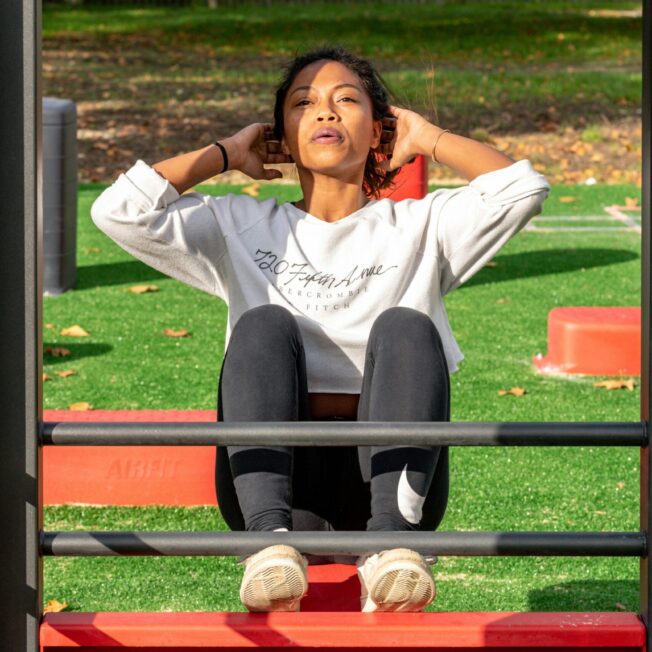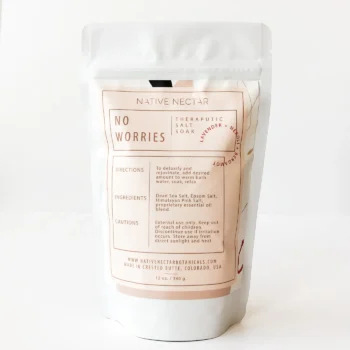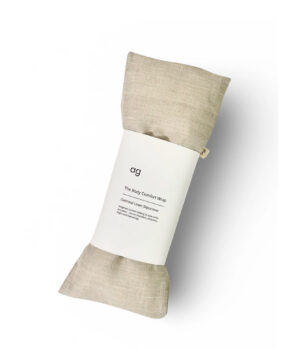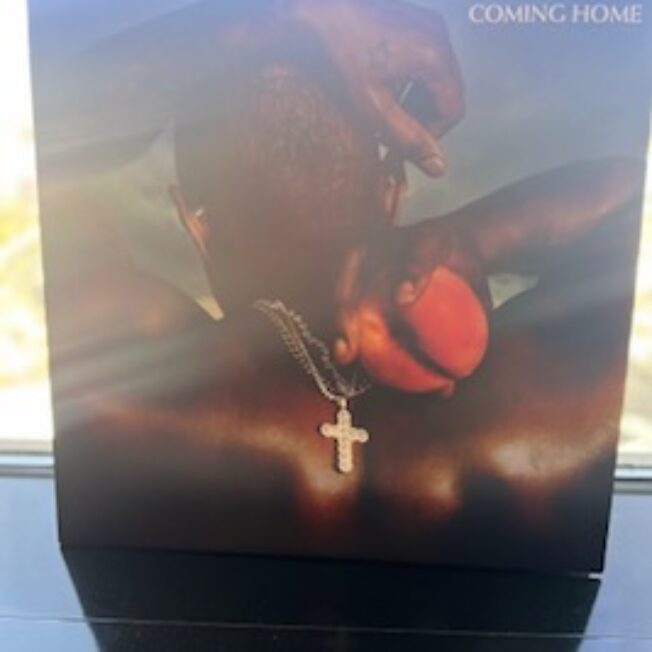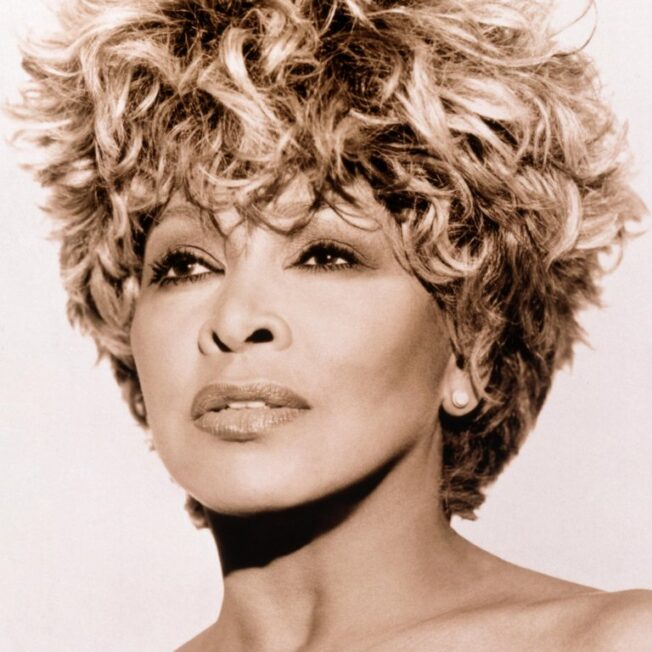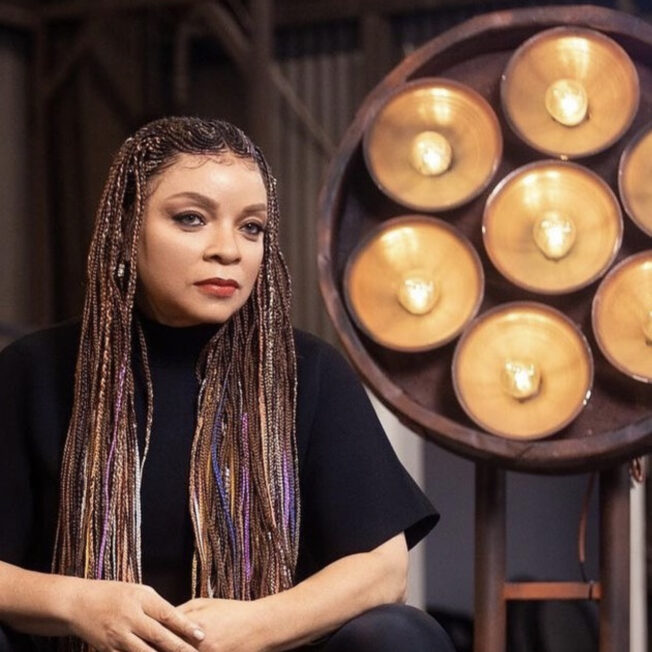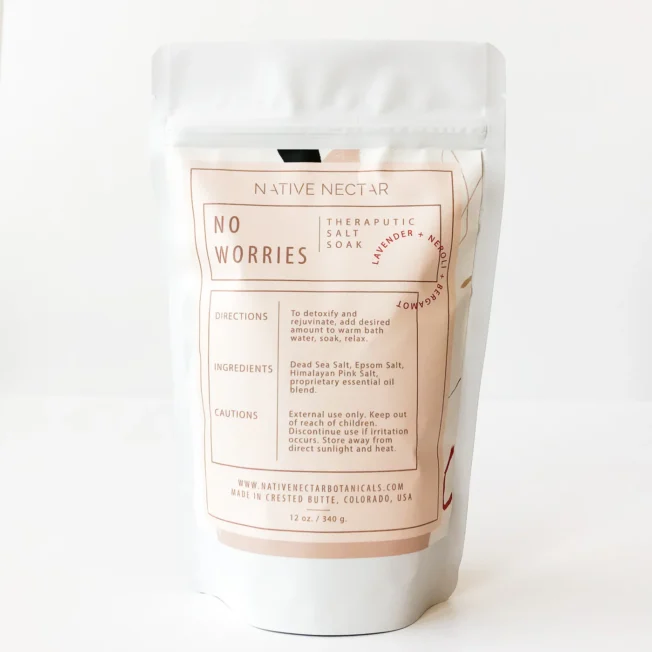Emma Watson has officially won the best way to announce that you’re single: self-partnered. In an interview with British Vogue, Watson spoke candidly about turning 30 and the societal pressures that come along with the landmark birthday, including homes, children, partners, and stability within your career. Through the honest (and relatable) conversation, Watson revealed to Vogue her anxiety surrounding her relationship status, a fixture in celebrity interviews.
“I never believed the whole ‘I’m happy single’ spiel, she said “It took me a long time, but I’m happy. I call it being self-partnered.”
The term, now popularized by Watson, received a large response on social media. The internet seemed to be split between supporting her notion and discrediting the term based on it playing into the idea that it still requires referring to someone–even if it is yourself–as a partner.
Self-partnered goes beyond just being single. Women are inundated with subliminal messages from society in order to hit certain checkpoints throughout our lives. Whether it’s finding and owning your perfect home, starting your family, settling into your long term career, and finding your forever partner, the pressure is on. Throughout our lives, messaging for women is geared towards playing house and knowing that someday in the not-too-distant-future, we will find our perfect partner, but not before it’s too late.
The idea of self-partnering conceptualizes the idea that women are not just single, but are choosing to find comfort with being partnered with ourselves. It’s finding happiness through not having a partner of our desired sex and enjoying lives with our own mind, body, and soul.
“Singledom” needed a rebrand, a positive spin to a state of being that is more common than we’re led to believe. Entering a relationship tends to be deemed as an achievement in our lives, attributed to success while being single can often seem as a failure. No woman is an island when it comes to finding love within ourselves and through platonic relationships with friends and family. Though, it’s not to say that we all need to love ourselves before we are able to love anyone else.
Despite the looming cloud of societal pressures to seek validation through relationships, pop culture has been working to dismantle this belief. Lizzo’s smash hit “Truth Hurts” is an anti-committal anthem surrounding the idea of not letting a romantic interest (in this case, a man) in your way of success. Rihanna has famously turned down questions regarding her relationship status, revealing to the media that she’s “happy and single,” reverting the conversation back to her accomplishments in her career versus pieces of her personal life. Gone are the days of retreating solo to our sofas to cry to Celine Dion alone, or rather, all by ourselves.
The term self-partnered is not for everyone. We may not necessarily need partners–even if that partner is ourselves–in order to thrive and live our lives. But for those who are content with being single, but face societal pressures linked to anxiety, take a page out of Watson’s book and roll with your new status: self-partnered.
Image courtesy of British Vogue


